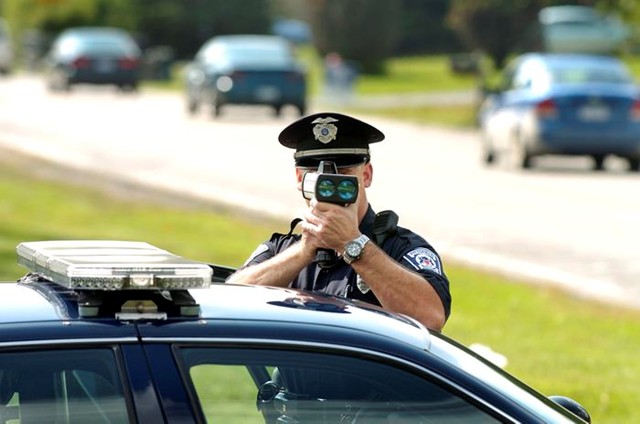Originally Posted By: rooflessVW
Horsepower and efficiecy are the same thing.
Cars weigh more than ever.
Who doesn't want more power?
Because you aren't revving to 6000+ rpm all the time. That's the ONLY place that big horsepower is - right next to redline.
BITOG members in general are afraid of hurting their engines or having a bad UOA



Horsepower and efficiecy are the same thing.
Cars weigh more than ever.
Who doesn't want more power?
Because you aren't revving to 6000+ rpm all the time. That's the ONLY place that big horsepower is - right next to redline.
BITOG members in general are afraid of hurting their engines or having a bad UOA











